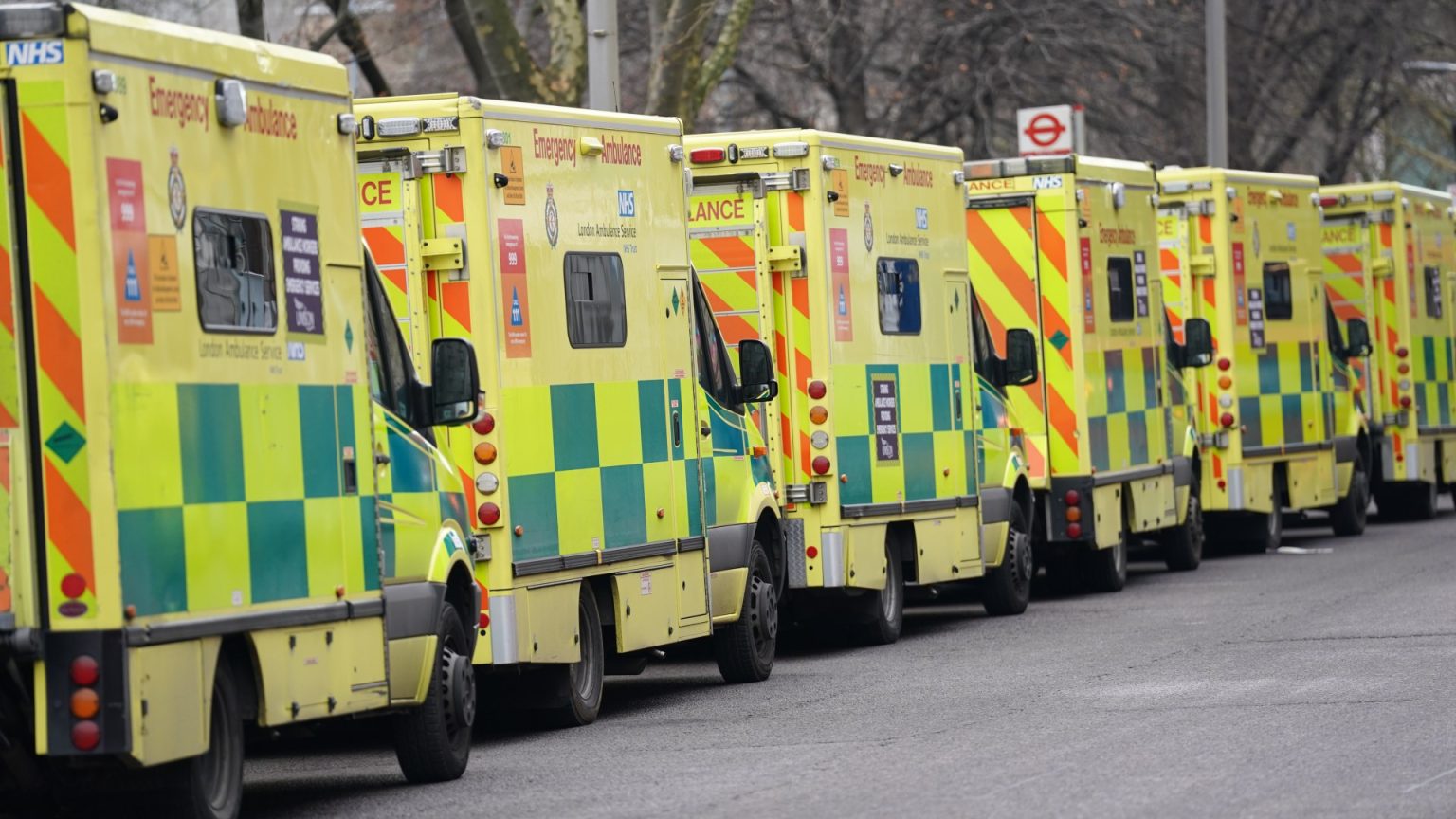The East Midlands Ambulance Service (EMAS) has declared a critical incident for the first time since its inception 26 years ago, marking an unprecedented strain on the service. This declaration comes in response to a confluence of factors, including a surge in patient needs, escalating pressures on hospitals, and the added burden of widespread flooding across the region. The critical incident declaration effectively signifies that the service is struggling to cope with the current demand and requires immediate assistance from partner organizations to mitigate risks to the public.
The demand on EMAS has reached an all-time high, surpassing even the busiest periods previously recorded. On average, EMAS responds to approximately 3,400 calls daily, but the recent surge in demand, exacerbated by the ‘severe’ flood warning issued for the River Soar in Leicestershire, has overwhelmed the service’s capacity. This critical incident declaration coincides with a “severe” flood warning for the River Soar in Leicestershire, further complicating emergency response efforts. The flood warning adds another layer of complexity to the situation, impacting access routes and potentially increasing the number of calls for assistance.
The critical incident protocol involves a formal request to partner services for immediate support. This includes expediting the release of ambulances from hospital departments, a measure acknowledged by EMAS as potentially challenging for hospitals but crucial to ensuring the availability of ambulances for life-threatening emergencies in the community. This rapid release of ambulances aims to free up resources to address the backlog of calls and ensure prompt responses to critical situations. EMAS recognizes the strain this places on hospital colleagues but emphasizes the necessity of this measure to prioritize patients whose lives are at risk.
To further manage the overwhelming demand, EMAS has implemented temporary measures to streamline its operations. Starting in the morning, local NHS Clinical Hubs will handle Category 3 calls, those deemed urgent but not immediately life-threatening. This will allow EMAS paramedics to concentrate on responding to the most critical, life-threatening (Category 1) and serious (Category 2) calls. This triage system aims to direct resources where they are most needed, ensuring that those facing immediate danger receive prompt attention. Category 3 calls will be clinically validated by DHU Healthcare before being transferred to local NHS hubs, ensuring appropriate assessment and care for these patients.
The declaration of a critical incident underscores the immense pressure facing EMAS and the wider NHS. Staff have been working tirelessly to meet the unrelenting demand, exhausting all internal measures to mitigate risks before resorting to this extraordinary step. The critical incident declaration allows EMAS to request mutual aid from other ambulance services and healthcare providers, bolstering their capacity to deliver emergency and urgent patient care. The unprecedented demand, coupled with the added challenges posed by the flooding, necessitates external support to maintain essential services.
EMAS appeals to the public for responsible behavior during these challenging times, urging them to avoid unnecessary risks and consider alternative healthcare options for non-life-threatening conditions. Individuals are encouraged to utilize online resources like the NHS website to find local services for non-emergency medical needs. This plea for responsible behavior aims to alleviate the burden on the ambulance service, enabling them to prioritize life-threatening emergencies. The public is also advised to manage long-term conditions with regular medication, preventing potential exacerbations that could require emergency intervention. This multifaceted approach combines operational adjustments within EMAS with public health messaging to navigate the critical incident.


